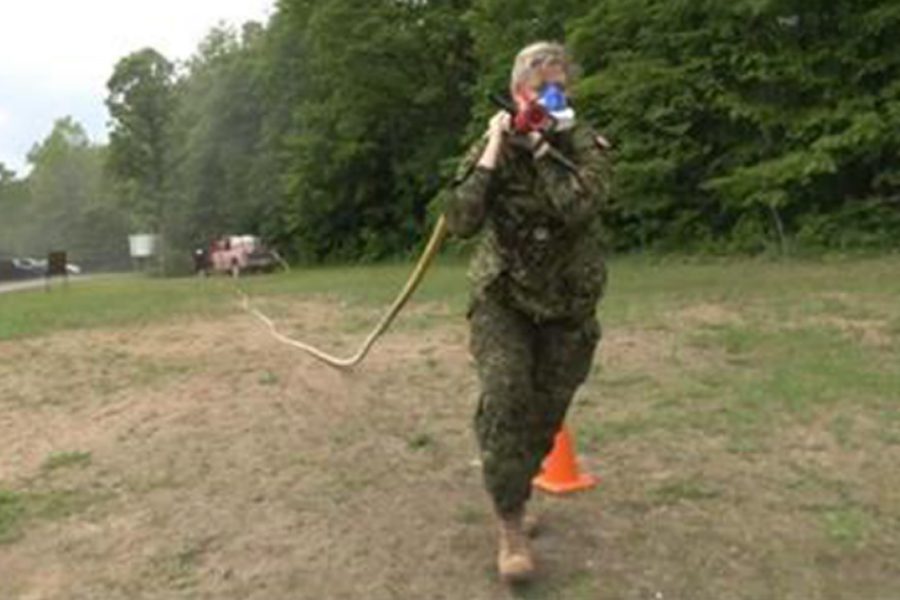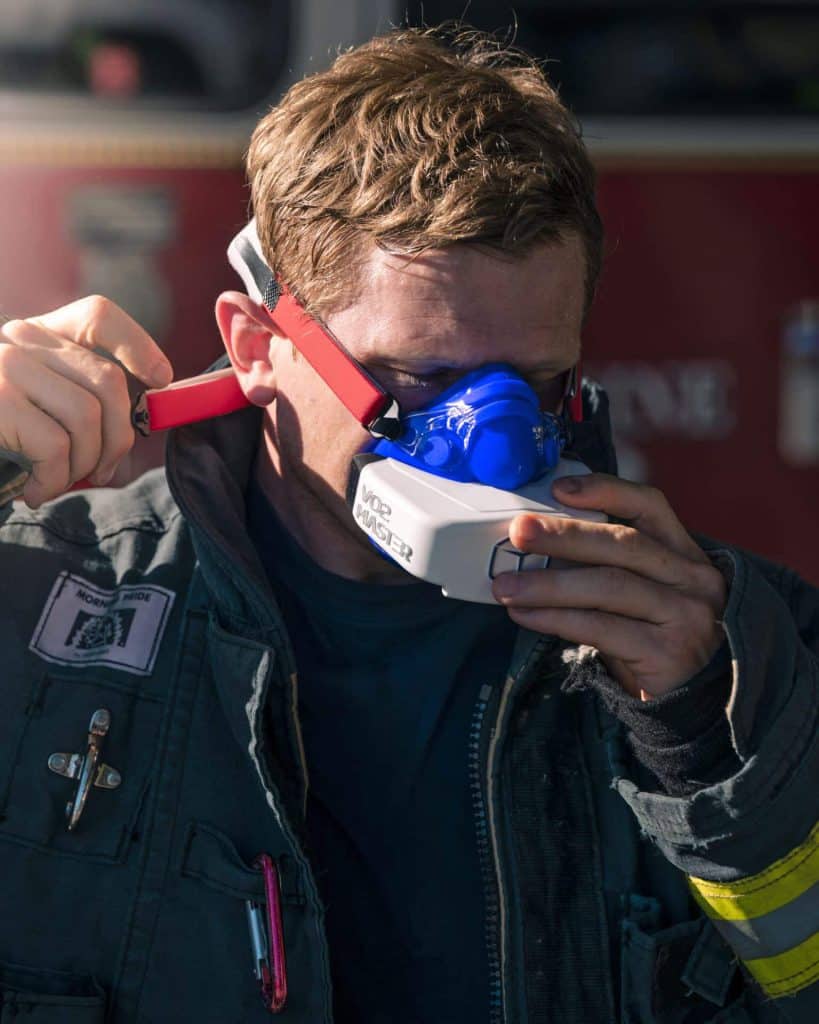Physiological Demands of Basic Fire Management Tasks in Members of the Canadian Armed Forces: A Pilot Study
Authors: Étienne Chassé, MSc; Daniel Théoret, MSc; Martin P. Poirier, PhD; François Lalonde, PhD Introduction Members of the Canadian Armed Forces (CAF) are required to meet the minimum standards of the Fitness for Operational Requirements of CAF Employment (FORCE) job-based simulation test (JBST) and must possess the capacity to perform other common essential tasks. OneContinue reading "Physiological Demands of Basic Fire Management Tasks in Members of the Canadian Armed Forces: A Pilot Study"

Authors:
Étienne Chassé, MSc; Daniel Théoret, MSc; Martin P. Poirier, PhD; François Lalonde, PhD
Introduction
Members of the Canadian Armed Forces (CAF) are required to meet the minimum standards of the Fitness for Operational Requirements of CAF Employment (FORCE) job-based simulation test (JBST) and must possess the capacity to perform other common essential tasks. One of those tasks is to perform basic fire management tasks during fire emergencies to mitigate damage and reduce the risk of injuries and/or death until professional firefighters arrive at the scene. To date however, the physiological demands of common firefighting tasks have mostly been performed on professional firefighters, thus rendering the transferability of the demands to the general military population unclear. This pilot study aimed to quantify, for the first time, the physiological demands of basic fire management tasks in the military, to determine if they are reflected in the FORCE JBST minimum standard. We hypothesized that the physiological demands of basic fire management tasks within the CAF are below the physiological demands of the FORCE JBST minimum standard, and as such, be lower than the demands of professional firefighting.
Complete Article:
